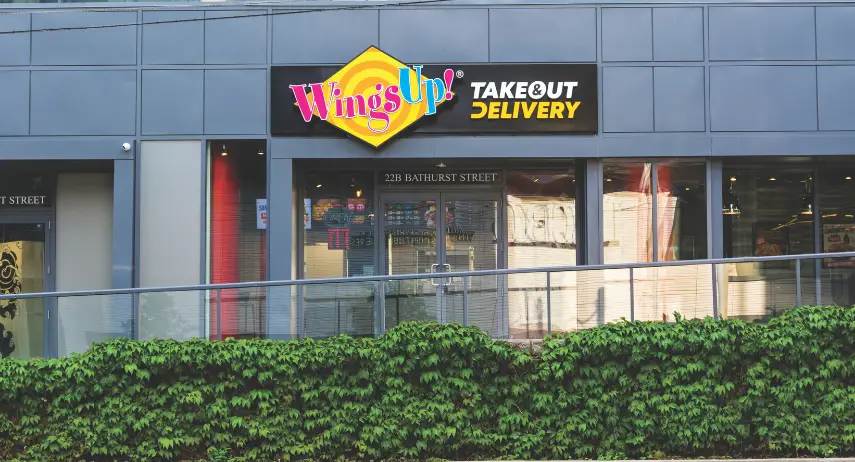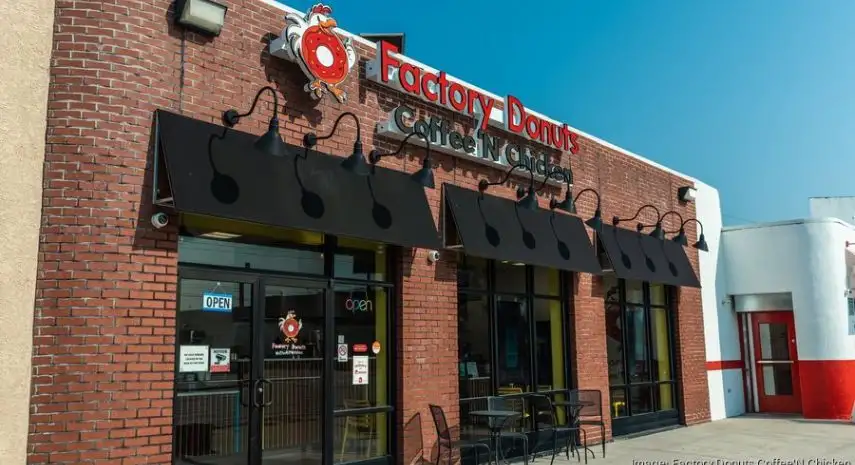Lessons From a Failed Franchise: What Went Wrong?

Franchising can be an exciting business opportunity, but not every franchise story ends with success. Learning from failed franchises provides valuable insights for prospective franchise owners. In this blog, we explore the key reasons behind franchise failures and actionable lessons you can apply to ensure your franchise thrives.
Understanding Franchise Failures
Franchise failure often stems from a combination of operational, financial, and strategic missteps. By analyzing these failures, business owners can avoid common pitfalls. According to industry studies, approximately 20% of franchises fail within the first year, and about 50% fail within five years. These numbers highlight the importance of careful planning and management.
1. Poor Market Research
One of the most common reasons franchises fail is insufficient market research. Franchisees sometimes choose a location without considering the local demand, competition, or demographics. Without understanding the target audience, even a well-known franchise brand may struggle.
Lesson: Conduct detailed market research before investing. Analyze local consumer behavior, competition, and growth potential to choose the right location.
2. Inadequate Financial Planning
Financial challenges are a leading cause of franchise failure. Some franchise owners underestimate the initial investment or fail to budget for operational costs like staffing, marketing, and inventory. Unexpected expenses can quickly drain cash reserves.
Lesson: Develop a robust financial plan with a detailed breakdown of startup costs, recurring expenses, and emergency funds.
3. Lack of Proper Training and Support
Even the best franchise systems can fail if franchisees are not adequately trained. Some owners struggle because they do not receive the right guidance on operational processes, marketing strategies, and staff management.
Lesson: Choose a franchise that provides comprehensive training and ongoing support. Participate in workshops, webinars, and mentoring programs offered by the franchisor.
4. Poor Location Selection
A poor location can make or break a franchise. Factors like foot traffic, visibility, and accessibility play a crucial role in attracting customers. Many failed franchises suffered because the location didn’t match the target audience’s needs.
Lesson: Evaluate multiple potential locations and consider professional site analysis before signing the lease.
5. Ignoring Customer Feedback
Successful franchises thrive on customer satisfaction. Ignoring feedback or failing to adapt to changing customer preferences can lead to decline. Some franchisees rely solely on brand recognition without focusing on customer experience.
Lesson: Actively seek and respond to customer feedback. Implement changes that improve service, product quality, and overall customer experience.
6. Overexpansion Without Strategy
Expanding too quickly can be tempting but risky. Franchise owners who open multiple units without solid operational systems often face management challenges and financial strain.
Lesson: Grow cautiously. Ensure your first franchise unit is profitable and well-managed before considering expansion.
Key Takeaways From Failed Franchises
-
Conduct thorough market research before investing.
-
Maintain a detailed financial plan with contingencies.
-
Choose franchises that offer comprehensive training and support.
-
Carefully analyze location and accessibility.
-
Listen to customers and adapt to their needs.
-
Expand strategically, not impulsively.
Learning from the mistakes of failed franchises can save time, money, and stress. By addressing these critical areas, prospective franchisees can increase their chances of building a successful and sustainable business.
Conclusion:
Franchising offers immense potential, but it is not risk-free. Understanding the reasons behind franchise failures and applying these lessons can help you make informed decisions, avoid common pitfalls, and achieve long-term success.






